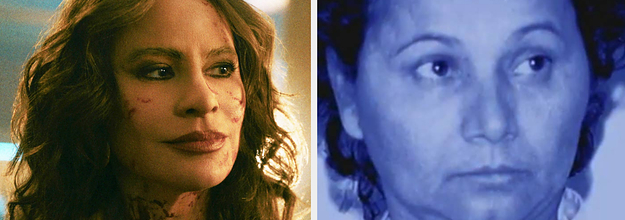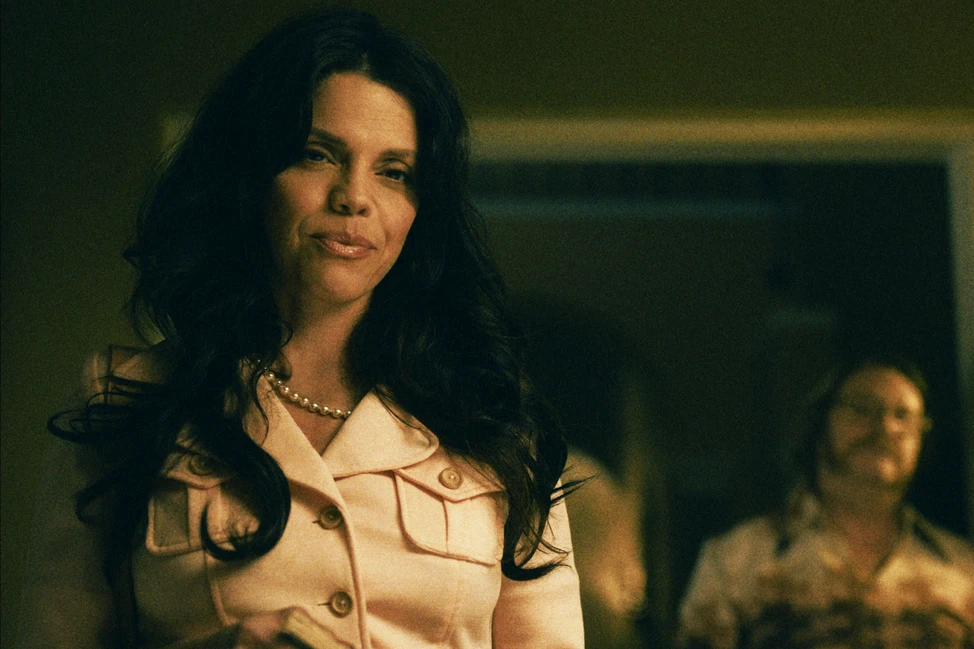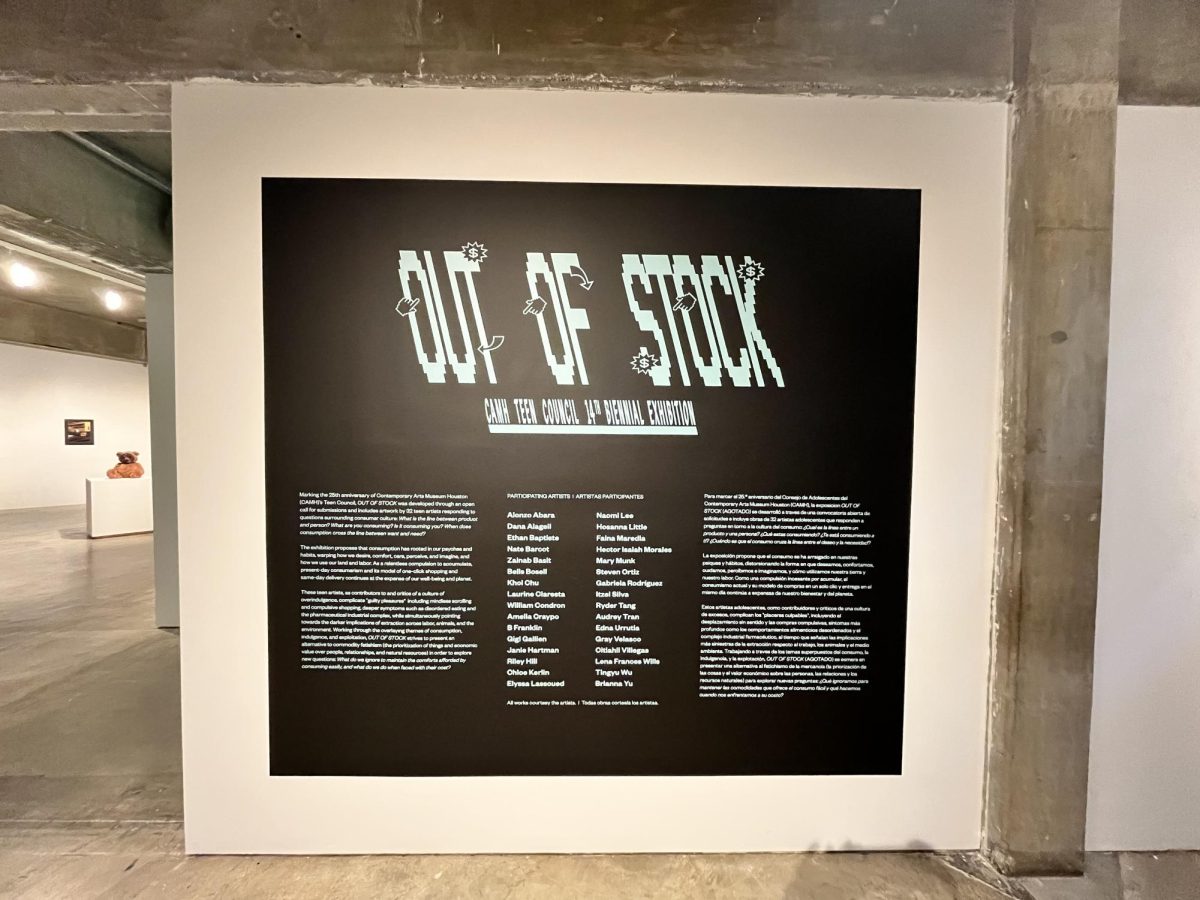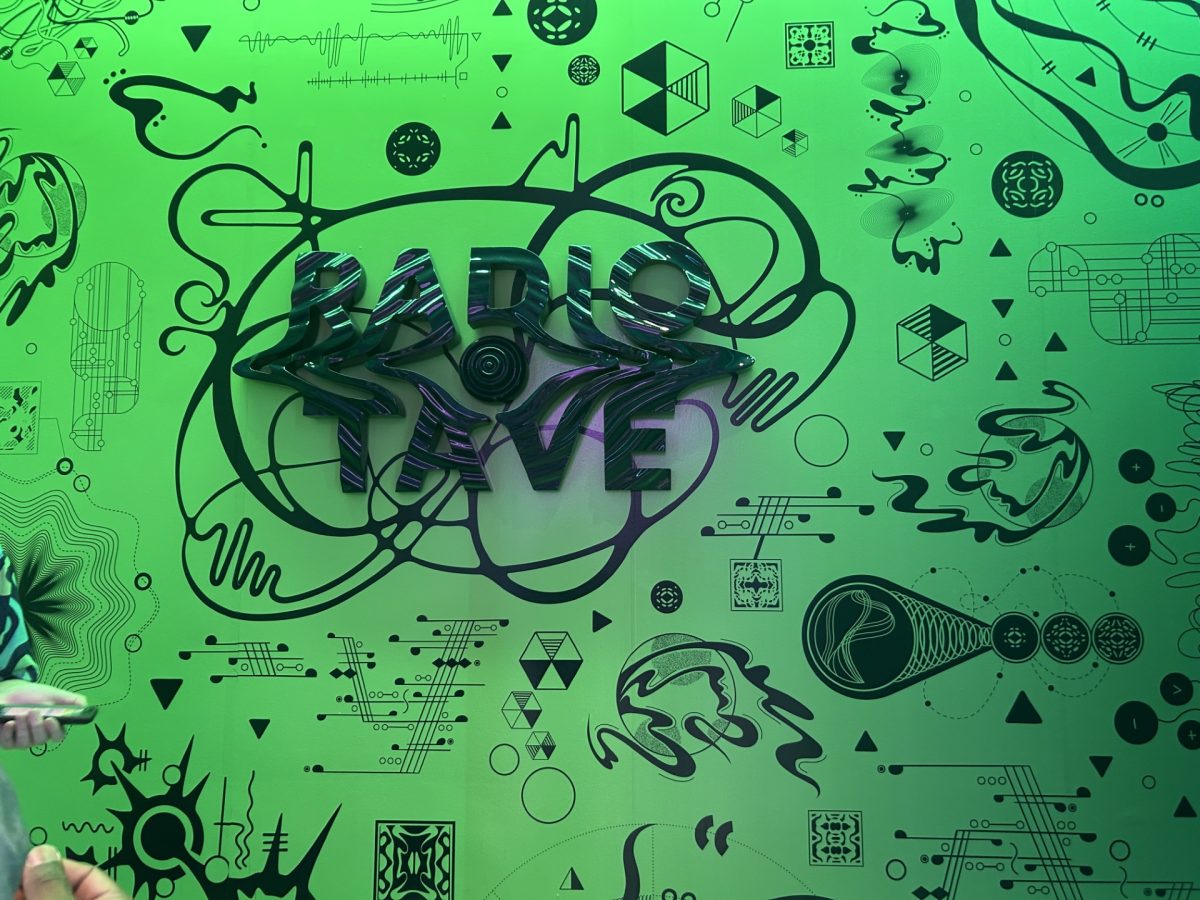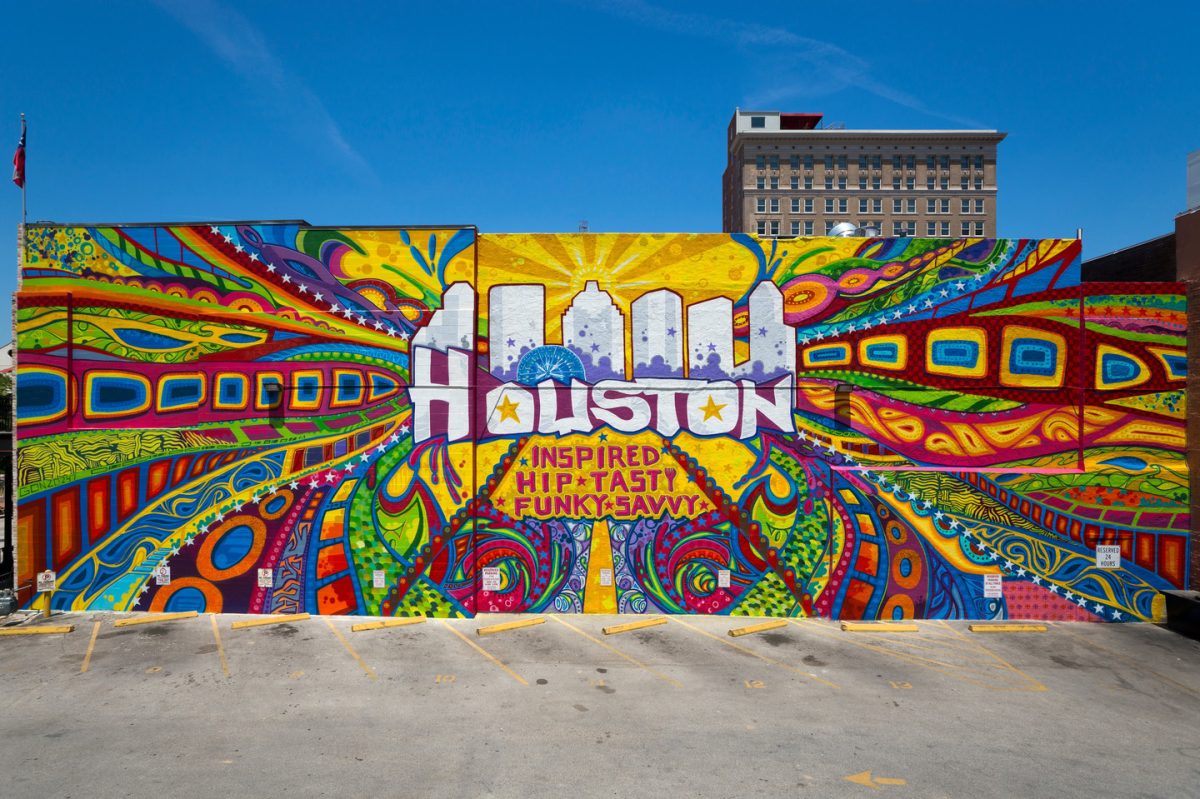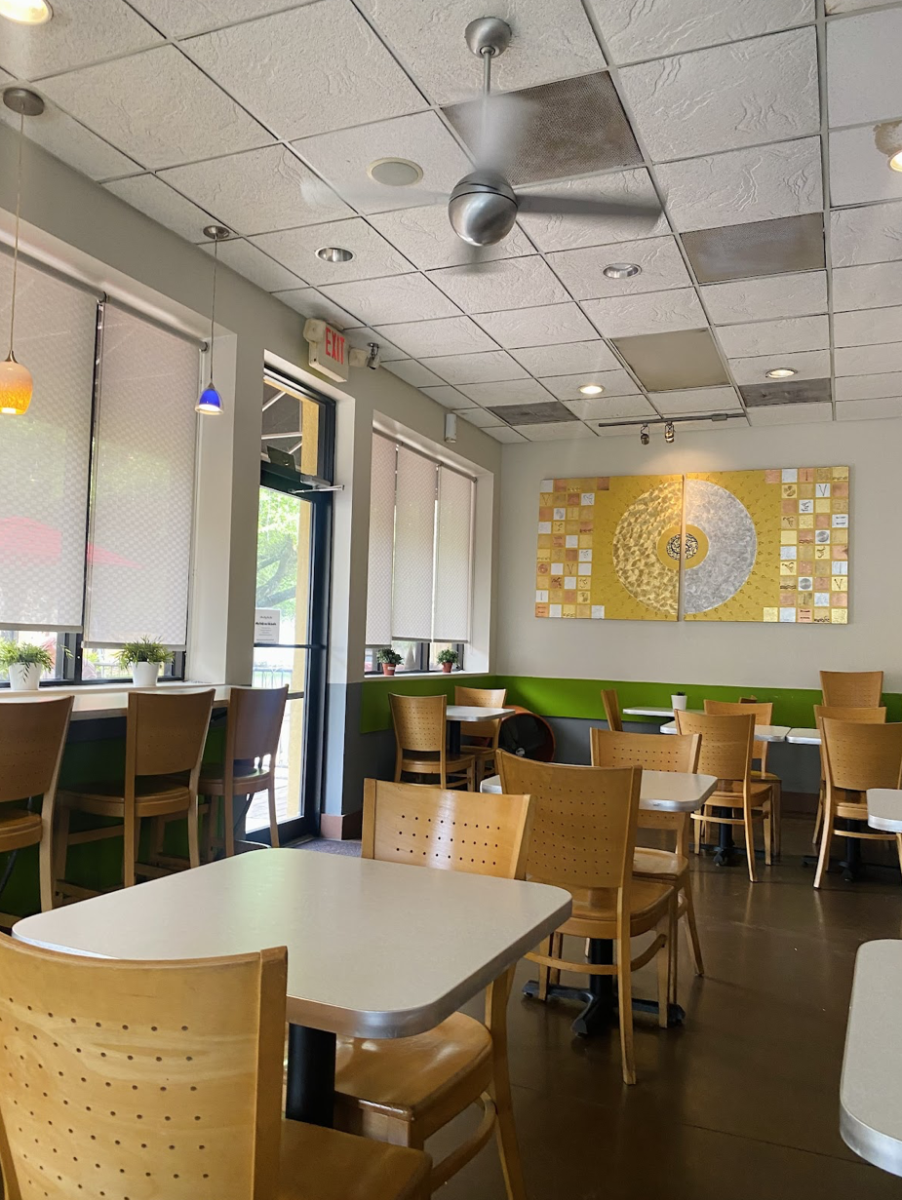The story is all too familiar by now. The feared drug lord who came from rags and rose above even the farthest reaches of the American dream into the fabled one percent. Yet this story has become, (in my humble opinion), played out.
Now to be fair, what attracted me to this show was the idea of a female drug lord. I’ve seen the treasure trove of stories and media about the men who made their fortunes on the slopes, but not too many about the women. Typically, these men are the pinnacle of male chauvinism to every single woman they meet with the obvious exception of their darling mothers. Say what you will about Freud…
That being said, I know for a fact I’m not the only one that loves these stories. From “Narcos” to the hilariously named “Cocaine Cowboys,” there has been story after movie after TV show glorifying drug lords; their lavish lifestyles, their charisma, and usually, their women, and we eat it up.
And who can blame us? If there’s one thing humans love in a sort of sick, animalistic, way, it’s violence. From the beginning of motion pictures, no matter how big the screen, we have seen, (and oftentimes applauded), pieces of media as much for their shocking portrayals of wealth as their portrayals of violence. But what happens when the victims of our curiosity are real? What happens when we are forced to confront the fact that there are real people whose lives have been destroyed by these kingpins? How can we hold these people and the studios that profit from their telling, are held accountable? I want to answer those questions and more in my review of Griselda. But first, what’s it all about?
“Griselda” follows the story of the legendary Colombian coke dealer and her rise to the top of the Miami drug scene. The show starts with a bang. Played by the eminent Sofia Vergara, Blanco hobbles desperately into her home, hands covered in her blood. She urges her children to pack their bags as she rushes into a restroom and reveals a gruesome gash on her side.
We get a glimpse of her firm, almost forceful personality as she invites herself to her friend Carmen’s home in Miami. Carmen (played by Vanessa Ferlito), initially hesitates until Griselda reveals she is fleeing her violent husband. Fighting through the pain, Blanco scrubs what little of her existence she can from the home and rushes with her young boys, (Uber, Dixon and Ozzy), to the airport; to America, to safety.
If that didn’t get your blood rushing, you’re either heartless or I’m a bad writer (and I’m not a bad writer). All jokes aside though, that opening scene is a strong example of how to start a TV show. And trust me, “Griselda” had all the tools to be an amazing show.
In my opinion, the acting is the biggest appeal. The performance of Sofia Vergara is seen by many as a refreshing departure from the stereotype she’s usually pigeonholed into, but I disagree. There are, (of course), glaring differences between her role as ‘Gloria’ in “Modern Family,” for example, but the two characters share many of the same struggles.
Both are underestimated because of their beauty, their accents, and their womanhood; both are never truly accepted by the WASP-y people they’re surrounded by; and both are fiercely dedicated, (albeit imperfect), mothers.
While I understand wholeheartedly the reason some criticize Vergara’s typecasting, particularly in her iconic role in “Modern Family,” there is as much merit in that performance as this one. Adding a sepia tone doesn’t immediately increase the quality of the actor’s performance. What differentiates these two performances is how the makers of the show choose to present this archetype.
Her performance was spectacular; Vergara inhabits Blanco perfectly, capturing her tenderness, her business savvy, and her rapid descent into callous violence and greed. The show makers worked hard to make sure that we, (the audience), didn’t see the actress Sofia Vergara, spending hours applying makeup and prosthetics but in reality, I, (and I think most people), still only see Vergara, and that’s O.K.
Although Netflix has certainly been successful in marketing the legend of, ‘Griselda, Queenpin of Cocaine,’ one thing stood out to me as I watched this show. The violence.
In real life, Griselda Blanco was famous for her brutality. Most armchair historians believe that her status as a woman in a male-dominated industry played a large part in shaping her leadership style, including her proneness to violence. Perhaps she felt a need to prove herself; to prove she could be just as cold and calculating as her testosterone-afflicted contemporaries. Perhaps she was psycho. Perhaps she was just a little bit of a jerk.
Whatever the cause, if Blanco was one thing, it was bloody. And I’m not talking about “a few unlucky people get caught in the crossfire” bloody, I’m talking about “implicated in almost 200 murders throughout her career” bloody.
But from time immemorial, we’ve told tall tales about the lives of historical figures. Just think about George Washington and that cherry tree. Although most of “Griselda” is historically accurate, there were some changes made to her tale.
First and foremost, if Griselda Blanco’s life was anything, it was poorly documented. Much of what I could find on her comes from anecdotal folktales and hearsay about her brutality, but we do know a little.
We know for a fact she was born in Colombia in 1943 and got her start as a sex worker. Through this line of work, she reportedly met her husband. According to the BBC, her time in Miami was not her first in the States; she moved to New York with her husband in the 60’s, where she allegedly sold marijuana.
While the show portrays her separation from her first husband as the result of a passion-induced double homicide, some sources say she divorced her husband and had him killed much later.
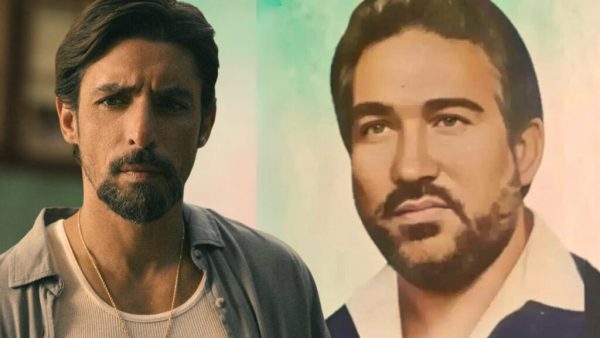
A few creative liberties were taken here and there, but each one seems plausible enough for it to retain the show’s otherwise dedication to accuracy. Her love affair with Dario, the suave hit-man turned Blanco henchman, was very real, but her travel agency-owning friend Carmen wasn’t. There is, however, one plot point that, (realistic as it seems), was very obviously added for kicks.
In the fifth episode of “Griselda,” ‘Paradise Lost,’ Blanco holds a raucous, luxurious birthday party for Dario that exposes the deep flaws in the fabric of her business, her family, and her character. Throughout the episode, Blanco begins abusing cocaine and later, crack cocaine.
This sends her spiraling off the edge as the party descends into a hedonistic bacchanal and the effect of the drugs combined with increased pressure from the Miami PD and FBI, kicks up her paranoia to a ten.
Vergara’s performance in this episode was, (in my esteemed opinion), nothing short of Emmy-worthy. She, (the actress), can shift, even from the paranoia that already grips Blanco in later episodes to a level of truly terrific, primal, illogical and unreasonable fear and anger that is a true delight to watch. To put it briefly, she loses her ever-loving mind. But it has no basis in reality.
From my research, the party was a complete fabrication and there is no evidence to suggest that Blanco and her children did drugs.
Last, (but most certainly not least), let’s talk about June.
June Hawkins, played by Juliana Aiden Martinez, is an analyst for the Miami PD whose work was crucial in catching Blanco. Unlike some other characters in the show, June was very real and even worked with the producers to ensure the show stayed accurate.
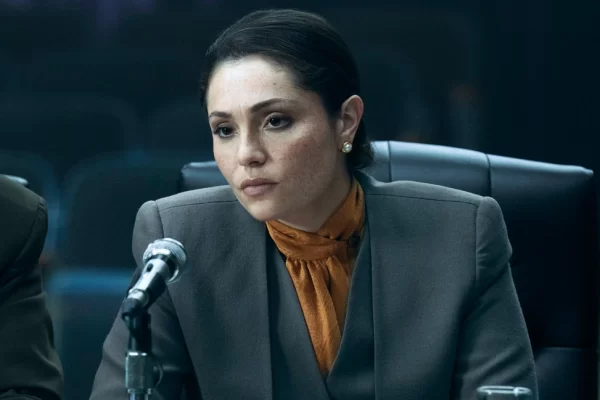
Despite being a brilliant analyst, Hawkins struggles daily for respect and acceptance from her deeply chauvinistic colleagues while balancing life as a newly single mother. Sound familiar? That’s because the show makes a big, (and in my, again, esteemed opinion), smart point of driving home the similarities between Blanco and Hawkins.
Martinez, (who portrays June Hawkins), does an excellent job bringing vulnerability to the generally glacial atmosphere of the show. Unlike Blanco, no matter how gruesome, grueling, or how impactful the case, Hawkins refuses to sacrifice her humanity for her gain.
Reveling in her victory, Hawkins exchanges sharp words and even sharper glares with Blanco as she placidly lays out the details of her case. But when Blanco is overcome by car sickness, Hawkins has the convoy stopped to give her time to recover. Even after finally catching Blanco in the sixth and final episode, Hawkins’ rare spark of humanity is one of many cherries to top this show. Although, there is one last thing I’d like to note.
For all her Machiavellian maneuvering and designer dresses, Blanco was still a drug dealer and a vicious murderer and I am pleased to say this show makes a point of highlighting that. That everyone in her inner circle; her first bodyguard, her husband, her henchmen, her children, all lived in fear of her wrath. The series concludes with Blanco on a beach after having served her time in prison. Like dominoes, everyone she loved fell; Dario by her hand, Uber while making a deal, Ozzy at a club and Dixon while simply walking to his car. Taking one last puff of her cigarette, she traces out the shape of her son one last time, and we get a sense, a feeling that we suspect she feels too, that she has gotten what she deserved.


